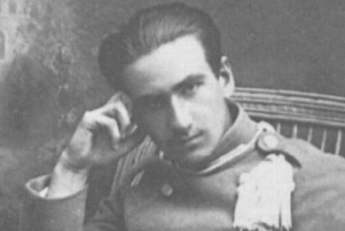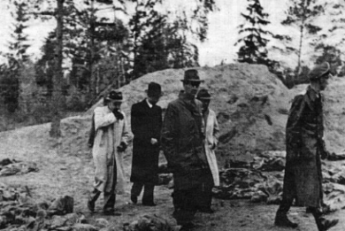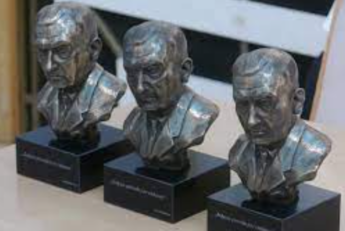
The philosophy of J. Mackiewicz
Józef Mackiewicz created at a time when submission to collective opinion was imposed, which is why he was an inconvenient man because he stuck to his own opinion even against the beliefs of others, putting freedom of thought and speech above all.
For Mackiewicz, the overriding value was the freedom of the individual. He believed that what was important was not so much the subject of the book as the right to write – to express the beliefs of a minority against the views of the majority. Another main value for Mackiewicz is truth. However, he was interested not only in the truth itself or its presentation, but in searching for it and studying it. In the article “Na zgliszczach Polski” Mackiewicz writes: “It is the duty of every thinking person to reflect on the causes of phenomena, extracting the truth by separating the wheat from the chaff, and not mixing everything into one mindless bushel.” The experience of communism, travels around the country, and witnessing the crime committed in Katyn made telling the truth an internal imperative of his life, to which Mackiewicz remained faithful throughout his life. “The truth is sad, but it would be stupid not to look it in the eye”, “only the truth is interesting” – he said. He preached this at a time when the truth was pushed to the margins, when it was falsified. According to him, all literature exists to show the truth, and the writer is the provider of truth, he should present the experienced truth in a literary form.
The value of truth in Mickiewicz’s work is related to the recognition of the human individual. According to him, each human person is individual, each person is a whole, a microcosm, endowed with freedom and destined to control their own destiny. In his work, Mackiewicz devoted much attention to the individual, revealing that the life of one man is a cosmos and history – worth more than any social structures, because with his decisions a man causes an avalanche of events, and these create history, as exemplified by the novel “The Case of Colonel Myasoyedov” “.
Nature plays an important role in J. Mackiewicz’s works. In his works, he often juxtaposed both worlds: the human and the natural world. If nature in Mackiewicz explained the attitude of order in life, then politics was the basic means of getting to know reality. “Without politics you can’t,” he wrote. “You can’t because it’s part of life.”
Mackiewicz’s homeland and patriotism are related to the people he lives among. Hence, in the novels, the image of a “small homeland” is created, where people of different nations, religions and languages coexist, creating a harmony of coexistence, they are united by a common history and land.
Source:
Józef Mackiewicz i krytycy, antologia tekstów pod redakcją Marka Zybury, Łomianki 2009.







